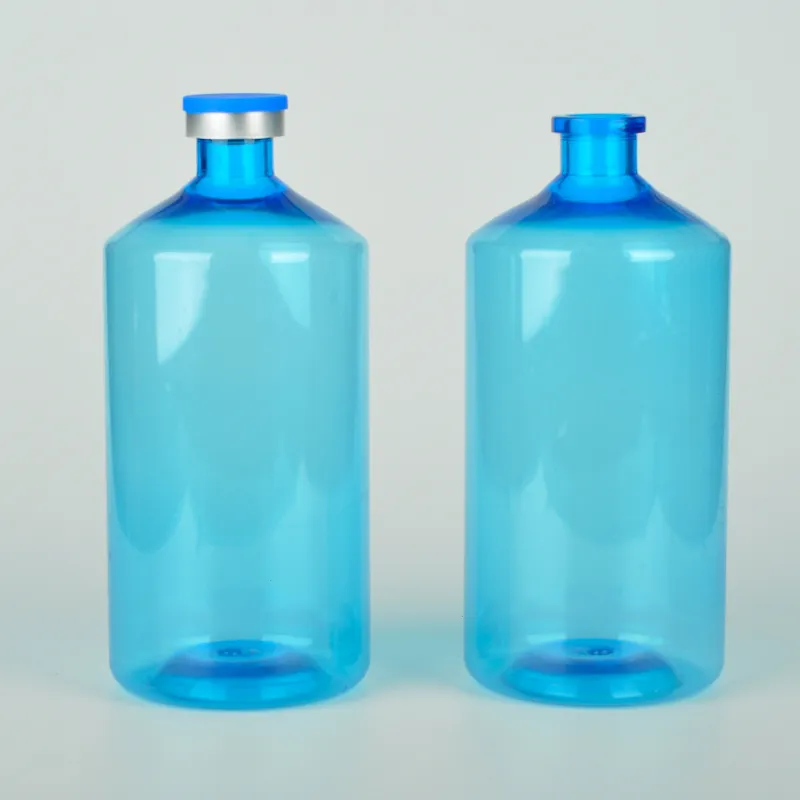
-
 Afrikaans
Afrikaans -
 Albanian
Albanian -
 Amharic
Amharic -
 Arabic
Arabic -
 Armenian
Armenian -
 Azerbaijani
Azerbaijani -
 Basque
Basque -
 Belarusian
Belarusian -
 Bengali
Bengali -
 Bosnian
Bosnian -
 Bulgarian
Bulgarian -
 Catalan
Catalan -
 Cebuano
Cebuano -
 Corsican
Corsican -
 Croatian
Croatian -
 Czech
Czech -
 Danish
Danish -
 Dutch
Dutch -
 English
English -
 Esperanto
Esperanto -
 Estonian
Estonian -
 Finnish
Finnish -
 French
French -
 Frisian
Frisian -
 Galician
Galician -
 Georgian
Georgian -
 German
German -
 Greek
Greek -
 Gujarati
Gujarati -
 Haitian Creole
Haitian Creole -
 hausa
hausa -
 hawaiian
hawaiian -
 Hebrew
Hebrew -
 Hindi
Hindi -
 Miao
Miao -
 Hungarian
Hungarian -
 Icelandic
Icelandic -
 igbo
igbo -
 Indonesian
Indonesian -
 irish
irish -
 Italian
Italian -
 Japanese
Japanese -
 Javanese
Javanese -
 Kannada
Kannada -
 kazakh
kazakh -
 Khmer
Khmer -
 Rwandese
Rwandese -
 Korean
Korean -
 Kurdish
Kurdish -
 Kyrgyz
Kyrgyz -
 Lao
Lao -
 Latin
Latin -
 Latvian
Latvian -
 Lithuanian
Lithuanian -
 Luxembourgish
Luxembourgish -
 Macedonian
Macedonian -
 Malgashi
Malgashi -
 Malay
Malay -
 Malayalam
Malayalam -
 Maltese
Maltese -
 Maori
Maori -
 Marathi
Marathi -
 Mongolian
Mongolian -
 Myanmar
Myanmar -
 Nepali
Nepali -
 Norwegian
Norwegian -
 Norwegian
Norwegian -
 Occitan
Occitan -
 Pashto
Pashto -
 Persian
Persian -
 Polish
Polish -
 Portuguese
Portuguese -
 Punjabi
Punjabi -
 Romanian
Romanian -
 Russian
Russian -
 Samoan
Samoan -
 Scottish Gaelic
Scottish Gaelic -
 Serbian
Serbian -
 Sesotho
Sesotho -
 Shona
Shona -
 Sindhi
Sindhi -
 Sinhala
Sinhala -
 Slovak
Slovak -
 Slovenian
Slovenian -
 Somali
Somali -
 Spanish
Spanish -
 Sundanese
Sundanese -
 Swahili
Swahili -
 Swedish
Swedish -
 Tagalog
Tagalog -
 Tajik
Tajik -
 Tamil
Tamil -
 Tatar
Tatar -
 Telugu
Telugu -
 Thai
Thai -
 Turkish
Turkish -
 Turkmen
Turkmen -
 Ukrainian
Ukrainian -
 Urdu
Urdu -
 Uighur
Uighur -
 Uzbek
Uzbek -
 Vietnamese
Vietnamese -
 Welsh
Welsh -
 Bantu
Bantu -
 Yiddish
Yiddish -
 Yoruba
Yoruba -
 Zulu
Zulu
Ways to Recycle Empty Prescription Bottles for Environmental Benefit
Recycling Empty Prescription Bottles A Sustainable Solution
In a world increasingly focused on sustainability, recycling has become an essential practice for protecting our environment and conserving resources. Among the various items that can be recycled, one often overlooked item is empty prescription bottles. Millions of these bottles are discarded every year, contributing to environmental waste. This article addresses the importance of recycling empty prescription bottles and how individuals and communities can engage in this responsible practice.
First and foremost, let’s consider the environmental impact of prescription bottles. Most of these containers are made of plastic, which takes hundreds of years to decompose in landfills. When disposed of improperly, they can contribute to pollution and pose a threat to wildlife and ecosystems. Recycling empty prescription bottles helps mitigate this problem by diverting these plastics from landfills and facilitating the reuse of materials. By participating in recycling programs, we can significantly reduce our carbon footprint and promote a circular economy.
Recycling prescription bottles also has practical benefits. Many pharmaceutical companies and recycling centers have established programs that enable the repurposing of these bottles. For instance, some organizations collect used prescription bottles to clean them and distribute them to those in need, particularly in communities where access to medication storage is limited. By donating your empty bottles, you not only reduce waste but also help those who may not have the resources to obtain appropriate storage for their medications.
recycling empty prescription bottles

So, how can you recycle your empty prescription bottles effectively? The first step is to ensure that you properly clean and prepare the bottles for recycling. Remove any labels to protect personal information and wash the bottles to eliminate any residue. Most recycling facilities can accept plastic prescription bottles, but it is wise to check with your local recycling center for specific guidelines. If recycling is not an option in your area, consider reaching out to local pharmacies or community organizations that may have established collection programs.
Moreover, raising awareness about the importance of recycling empty prescription bottles can foster a more sustainable community. By sharing information with friends, family, and social networks, we can encourage more individuals to participate in recycling initiatives. Schools, local businesses, and community centers can organize events or campaigns focused on recycling prescription bottles, further amplifying the effort. Educational outreach can help dispel common myths and provide practical alternatives for disposal.
Ultimately, recycling empty prescription bottles is a small yet impactful act that can contribute to a more sustainable future. As individuals, we can take steps to reduce plastic waste by making mindful decisions in our daily lives. By recycling these bottles, we are not only promoting environmental stewardship but also contributing to the health and well-being of our communities.
In conclusion, let us all commit to recycling our empty prescription bottles. Every action counts, and by working together, we can create a cleaner, healthier planet. Let’s make recycling a habit, starting with our medicine cabinets. Together, we can contribute to a sustainable future, one prescription bottle at a time.
-
Premium 200ml Medicine Bottles – Leakproof Dropper & Spray Options at Best PriceNewsJul.05,2025
-
PTFE Centrifuge Tubes - Chemical Resistant, Leak-proof, Ideal for Laboratory UseNewsJul.05,2025
-
Premium Metal Dropper Bottle for Precise Dispensing 250ml & 1ml Options AvailableNewsJul.04,2025
-
20 ml Headspace Vials - High Quality Polyethylene & Plastic Vials for Lab UseNewsJul.04,2025
-
Small Bottle with Pipette - Precise Dispensing 100ml Pipette Bottles for Essential Oils & Lab UseNewsJun.24,2025
-
Acetic Anhydride Bottle for Accurate Dropper Measurement in Pharmacy Use High-Quality Dropper BottlesNewsJun.10,2025






















